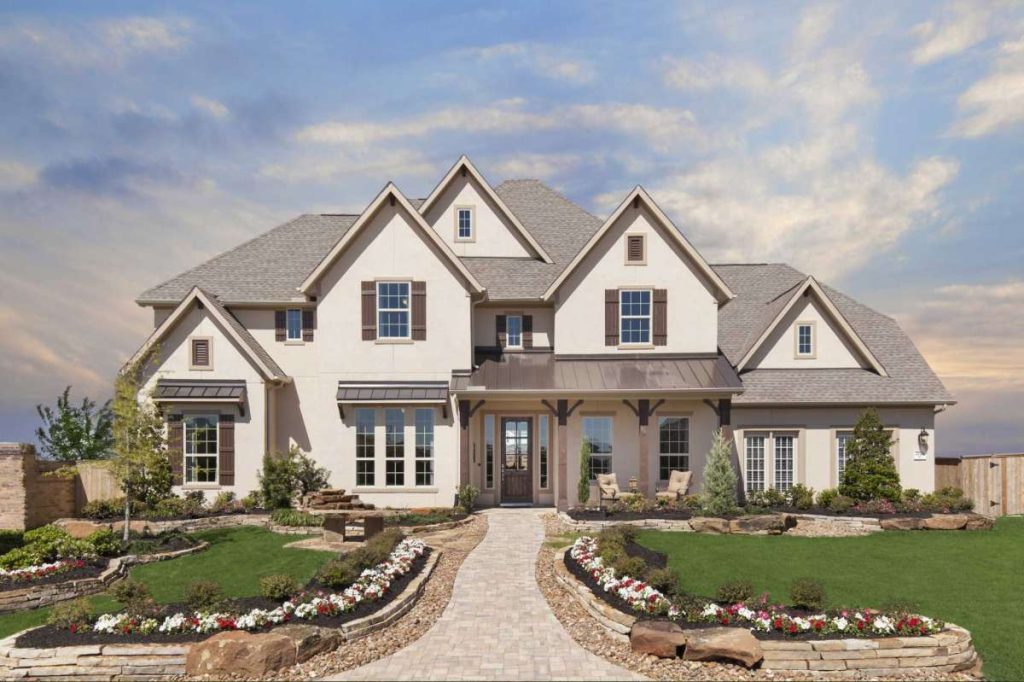With the coronavirus pandemic forcing people to spend more time indoors, home buyers are looking to trade up to bigger properties.

The median single-family home floor area has risen to 2,337 square feet, according to the latest data from the U.S. Census Bureau
The average size of new single-family homes is 6.2% bigger since the lows reached during the Great Recession, according to the National Association of Home Builders in its Eye on Housing blog.
“Going forward we expect home size to increase again, given a shift in consumer preferences for more space due to the increased use and roles of homes—for work, for study—in the post-COVID-19 environment,” said Robert Dietz, the NAHB’s chief economist.
Existing homeowners are also looking to expand their spaces and are undertaking larger remodeling projects to either enlarge or rearrange floor plans, according to the Q4 2020 Kitchen & Bath Market Index, released by the National Kitchen & Bath Association and John Burns Real Estate Consulting last spring. “We’re seeing an incomparable surge in homeowners looking to rearrange floor plans, tear out complete kitchens, baths, and other rooms to make space for increased activity within the home, and generally create a space that better suits their evolving needs,” Bill Darcy, the NKBA’s CEO, said in March when releasing the report.
Meanwhile, the supply of starter homes has dwindled by more than half over the past five years, according to realtor.com's October listing data.
Realtor.com defines a starter home as one that is generally less than 1,850 square feet. Using that definition, there were only 300,000 starter homes listed for sale in September. Also, the median list price for a starter home reached $260,000 last month, about 11% higher than a year ago, according to realtor.com’s data. Starter homes are 64% more expensive than they were in 2016 compared with larger homes, which have grown 43% in that same period.